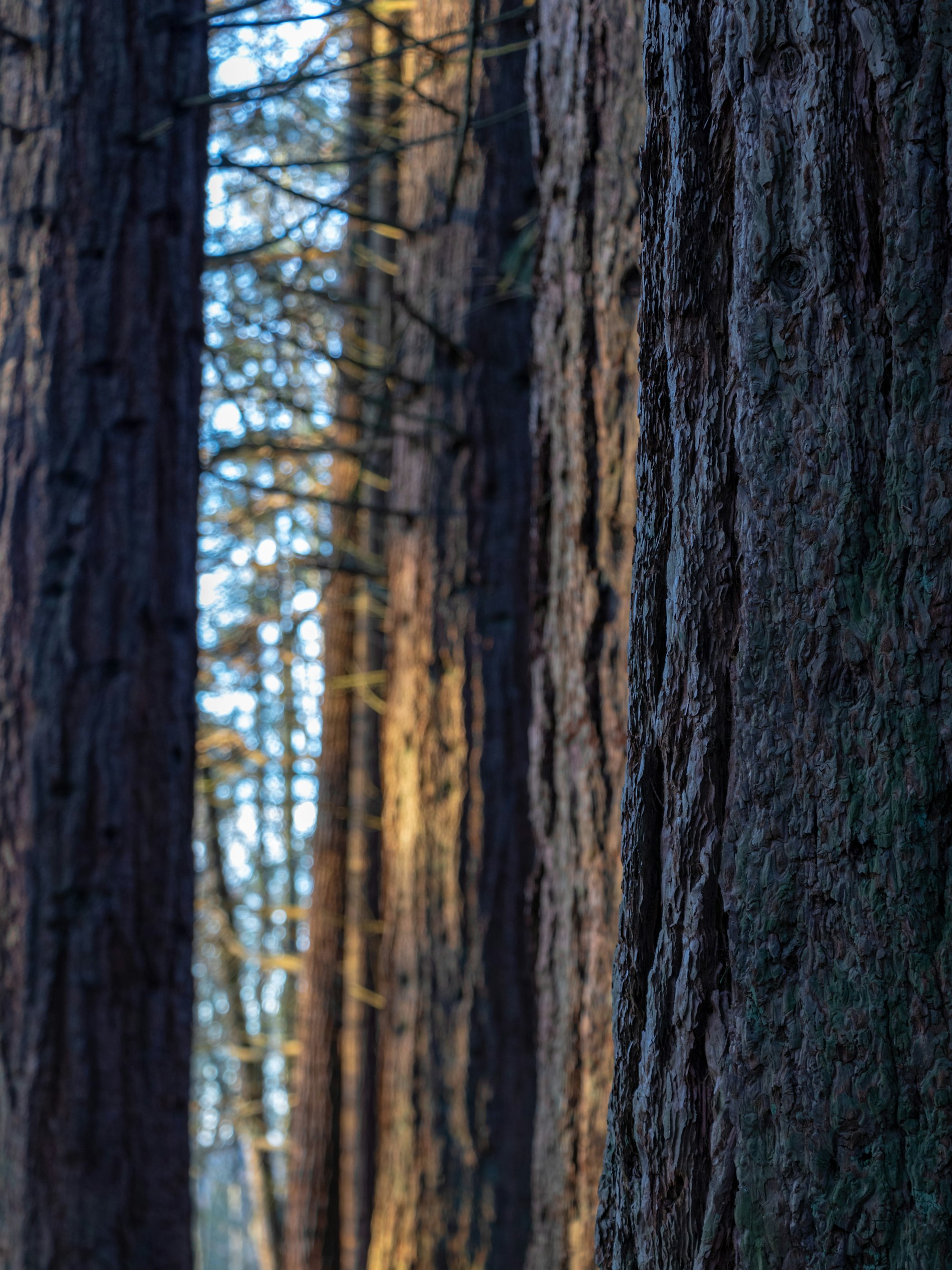the desert speaks

It's been a minute since we've had a good old-fashioned juicy text study, and the ideas raised on Monday have lots of friends in the tradition– so I thought I'd bring some of the good stuff.
As always: There are a bunch of texts, a lot of questions– engage where and how you want, but please feel encouraged to join the discussion in whatever way that strikes you. We want your voice in the conversation.
First, let's start with the Monday conversation. Longtime Life is a Sacred Text House of Study community member Nick Mangieri asked two really important questions over there:
- How do you know when you have entered the wilderness?
- How do you know when you have reached the other side?
What do you think?
And then– let's move off into a different direction, kinda.
The thing where midbar/מִּדְבָּר wildnerness/desert, and the word "speak"/midaber/ מְדַבֵּר have the same same root (דבר), has been subject to much wordplay over the years. (Those dots and dashes under the letters are vowels, basically.)
They do not have the same etymology, it appears. "Wilderness" seems to come from the word for "pasture" with Syriac and Aramaic cognates.*
The Holy Blessed One said to Moses, in the future you will bring Israel out of Egypt through the merit of the one that I spoke to between the parts* - namely Abraham. And wilderness (midbar) means only speech (dibur). As it is said, Your lips are like a scarlet thread, your mouth [midbarech] is lovely (Songs 4:3). (Midrash Exodus Rabbah 2:4)
*Brit Ben HaBeteirim, the covenant between the parts, refers to the whole covenant with Abraham/circumcision / the first Jew / foreshadowing the Exodus story business in Genesis 15.
וְאֵין מִדְבָּר אֶלָּא דִּבּוּר
"Wilderness means only speech."
- What might that mean in light of the conversation on Monday about the wilderness and liminality? How might the liminal space be "only speech," only verbal? Do you think that's true?
- How else might you read that line?
- The rest of the midrash?
- What else might you do with those cognates?
*And, just to keep you all on your toes, none of them have anything to do with דֶּבֶר, pestilence (yes, one of the ten plagues in the Exodus story!), which is a cognate with the Arabic word for death. Whoo!
OK, onward. Here's another lovely text:
Rabbi Berekhya said: This verse [that I'm about to quote, let's read it as if] the wilderness said it. The wilderness said: ‘I am the wilderness, yet I am beloved, as all the good in the world is shrouded in me, as it is stated: “I will place in the wilderness cedar, acacia…” (Isaiah 41:19). The Holy Blessed One gave them to me so they would be protected in me. When the Holy Blessed One asks me for them, I will return the deposit with nothing lacking. I generate good deeds and sing songs before God,’ as it is stated: “The wilderness and wasteland will be glad” (Isaiah 35:1)... (Midrash Song of Songs Rabbah 2:1:2)
"I am the wilderness, yet I am beloved, as all the good in the world is shrouded in me."
- Think of the ways we so often talk about desert, wilderness, midbar. Even the liminal. About the times in your life that you have felt like you're in the desert, the wilderness, the midbar.
- Have you felt that it is beloved? Like "all the good of the world is shrouded in" this time/space?
- Have you experienced it as protecting? As generating good deeds??
- How do you respond to this midrash? How does and/or doesn't it resonate with you? On what levels? Literary? Emotional? Theological? Other ways?

Here's a piece of Torah that I've always really loved:
Midbar of course is wilderness, desert. And hefker is a legal concept that means "ownerless." Unclaimed. Belongs to nobody. Fair game.
Here, they're talking about why the Torah was received in the midbar:
Why does the verse [in question] say "in the desert"? For anyone who does not make themselves hefker like the desert cannot acquire Torah. That is why it says "in the desert of Sinai." (Midrash Tanchuma, Numbers 7)
And then, a later text, building on that?
The Torah only stands firm in one who makes himself like a midbar hefker before those who are poor of mind and rich of mind, and doesn’t think of themselves as better than their friend. On the contrary, one should be completely nullified before their friend, and it is through this that [the two] become united and bound up one with the other. (Rabbi Menahem Mendel of Vitebsk, Peri HaAretz, Letters 10:2 18th c. what's now Belarus)
- What does it mean to make yourself "hefker like the desert"?
- Why does the midrash assert that you can't acquire Torah if you don't make yourself hefker like the desert?
- What does Rabbi Menachem Mendel of Vitebsk add to the conversation? How might one live his advice?
OK, just about time for you to take all this richness and tell me what you think!
But first...I couldn't resist: there are a lot of songs with HaMidbar Midaber (the desert speaks) out there. Unsurprisingly. This one is just kind of sweet and charming and I thought why not share.
"The desert speaks, tells you to be happy, reminds you that everything's flowering inside your heart." 🌴 🌼
So, nu: Tell me your thoughts??
There are a ton of questions above. Just pick the one(s) you gravitate towards, and dig in to the conversation somewhere! Or respond to other folks' reflections, and help to build the great holy cacophony....
Lastly: please spread the word about Life is a Sacred Text!
Especially now that this project is off the Substack network, and Twitter is basically no more, word of mouth matters more than ever. 💕 Thank you. 🙏

